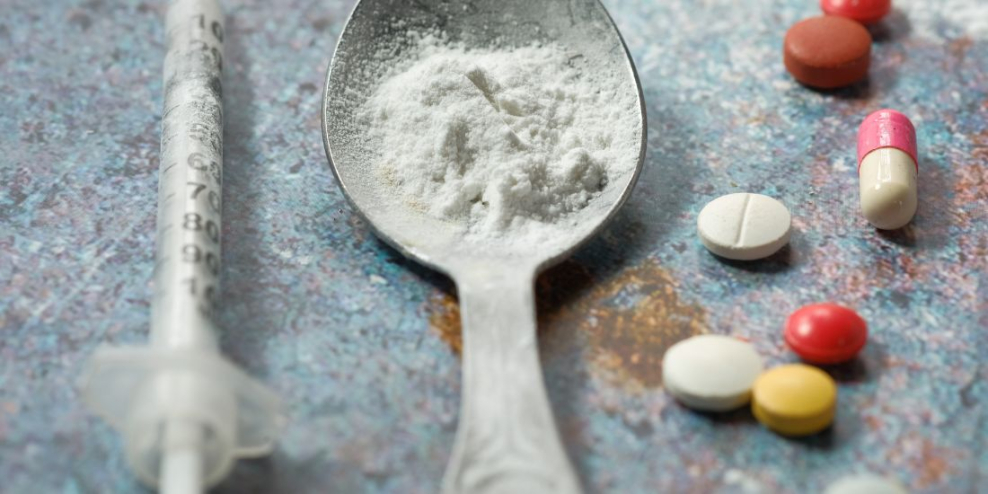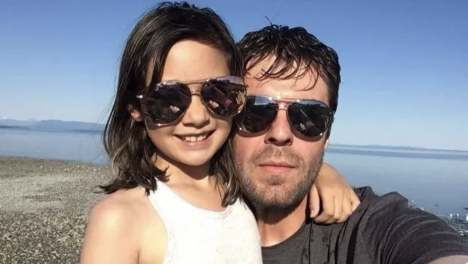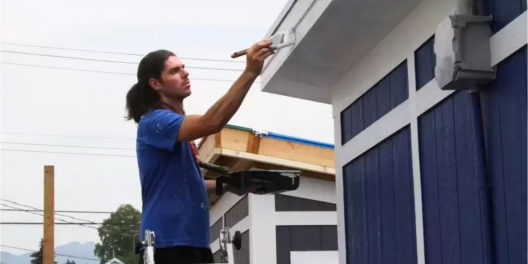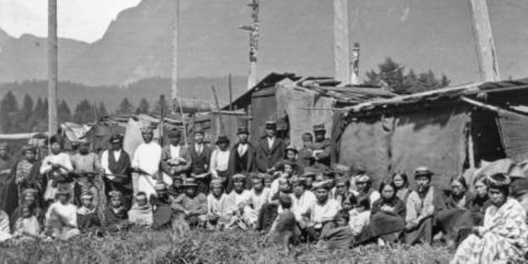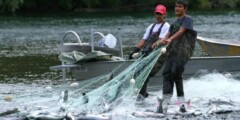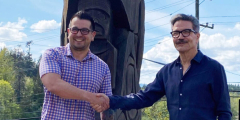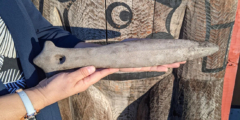Small doses of drugs are set to be decriminalized in BC on January 30th.
As the new era approaches, the need for safer drug sources and more testing is proving to be greater than ever.
Island Health issued a “Drug Poisoning Overdose Advisory” for the Campbell River area.
The notice says, “Overdoses are increasing in Campbell River. Friends, family and community members using opioids and stimulants face increased risk from injection and inhalation.”
While it’s clear there’s still a hefty population of drug users on the Island, calls on how to keep them safe are not as obvious.
Not using drugs may seem like a simple option, but it’s not an easy choice for everyone.
In a climate where drugs are a common (“hush-hush”) part of our culture, a safer supply helps to protect those who’ve become reliant or recreational users.
Island Health is currently suggesting that people get their drugs checked at 1330 Dogwood St., Unit #5, the local OPS (Overdose Prevention Site).
But some call for new methods to stop more dangerous substances like fentanyl.
In Vancouver, the CBC recently reported on a local man working to make a safe drug store a reality.
After being addicted at a young age and getting sober for the last 15 years, Jerry Martin, 51, says he plans to open a brick-and-mortar store in Vancouver’s Downtown Eastside.
What does he want to sell?
Heroin, cocaine, methamphetamine, and other substances.
It might sound counterintuitive, but he believes that providing tested and safe-for-consumption drugs in smaller dosages would save many lives and potentially change them as well.
He would also provide resources and encouragement in-store to all customers to help people get clean if they wish.
It’s unlikely his idea will come to fruition anytime soon, but it’s worth considering.
Here in Campbell River, there’s no one planning to open up shop just yet, but other initiatives to combat the drug crisis are taking place.
The project director of Walk With Me, Sharon Karsten, spoke with CTV News on how much more needs to happen to keep people safe.
“Downtown Vancouver and Victoria seem to be the epicentres of where the toxic drug poisoning crisis is unfolding, and very little attention is paid to rural and remote communities,” Karsten said.
“We all know that this crisis has a huge impact in our communities,” she said.
The toxic drug crisis disproportionately impacts middle-aged men, many of whom work in the trades sector, and First Nations people, particularly women, in Campbell River, Karsten said.
Immediate drug checking is available Tuesdays and Fridays from 1 p.m. until 5 p.m. at OPS. Sample drop-off is also available.
Island Health also recommends that people in the area carry Naloxone and visit naloxonetraining.com to learn how to administer it.
If someone overdoses, Island Health’s advisory says to call 911 and stay with the person. Then, administer Naloxone, and give one breath every five seconds.
If you’re using drugs with friends, stagger your use with a friend so someone can respond if needed.
As Island Health put in its media release,
“Start low, go slow. Take a small amount, wait and see how it feels.”

